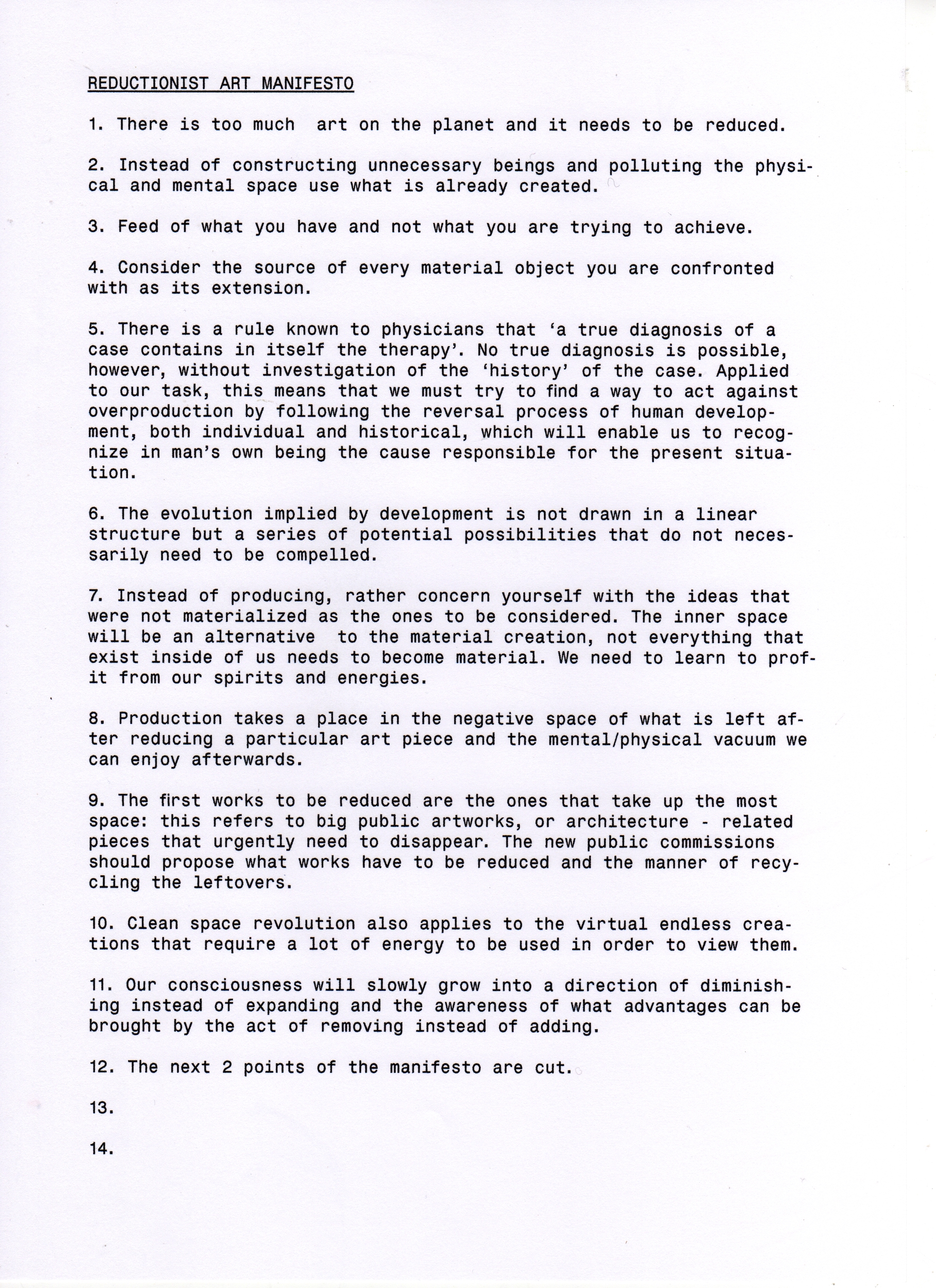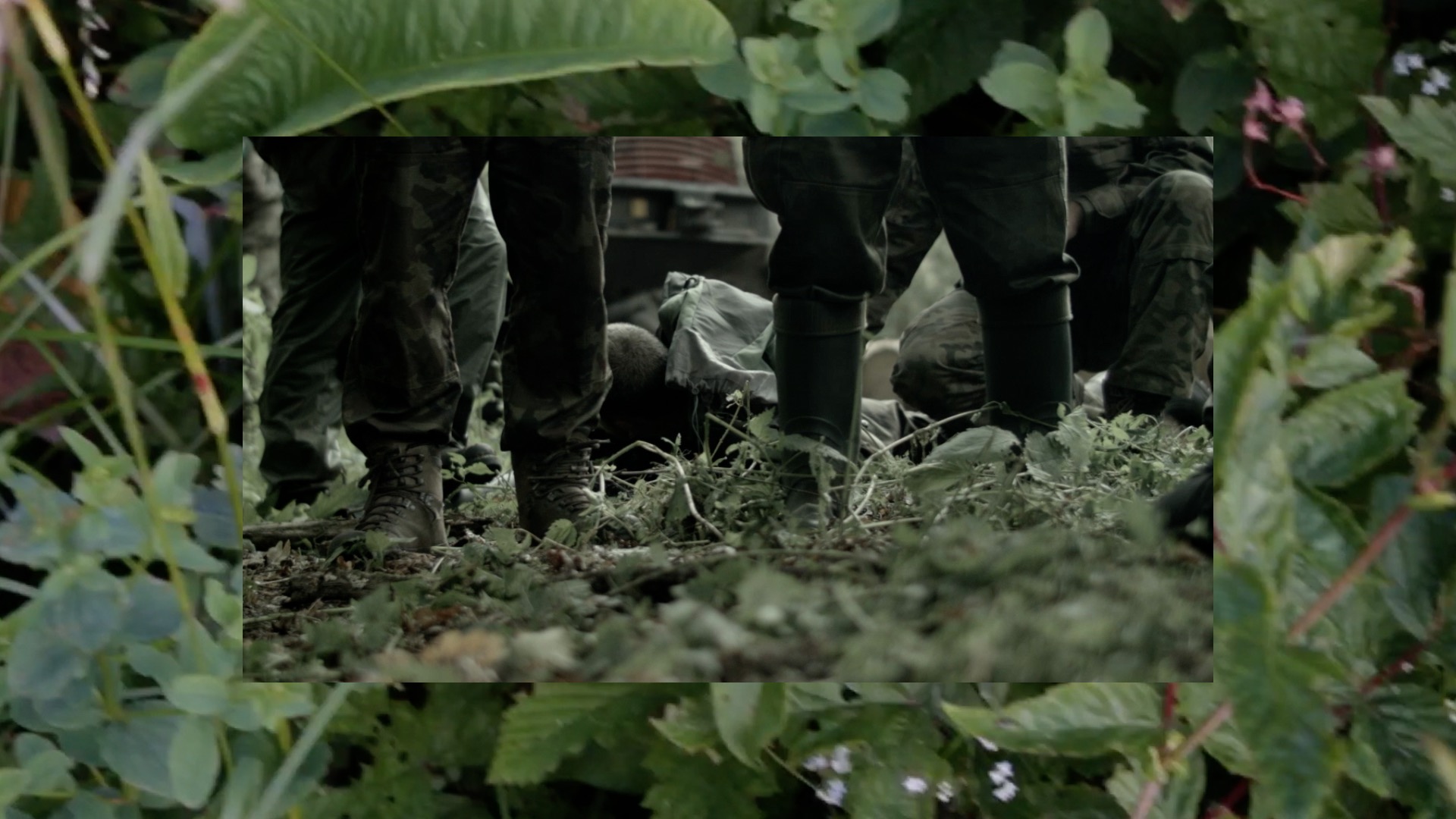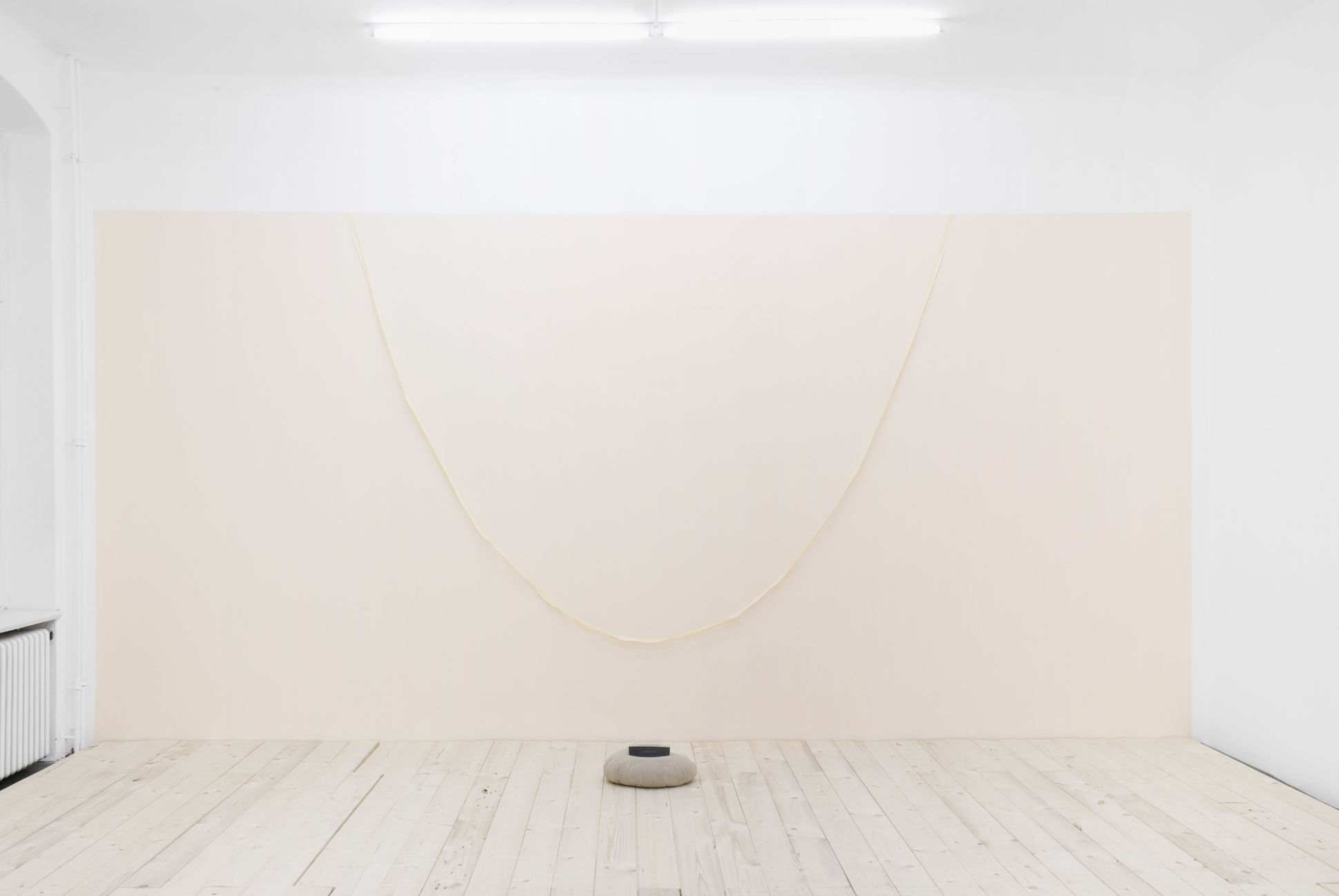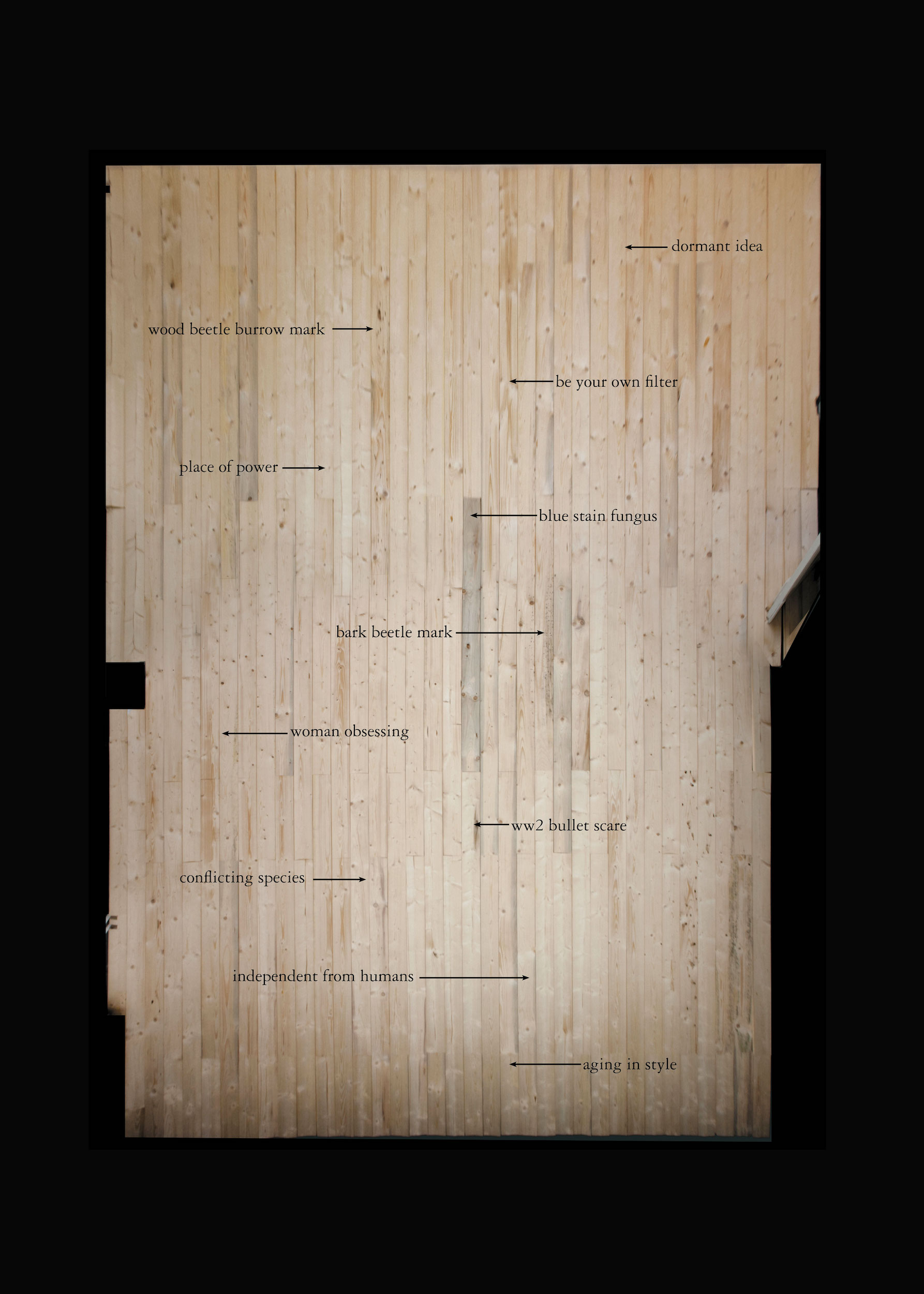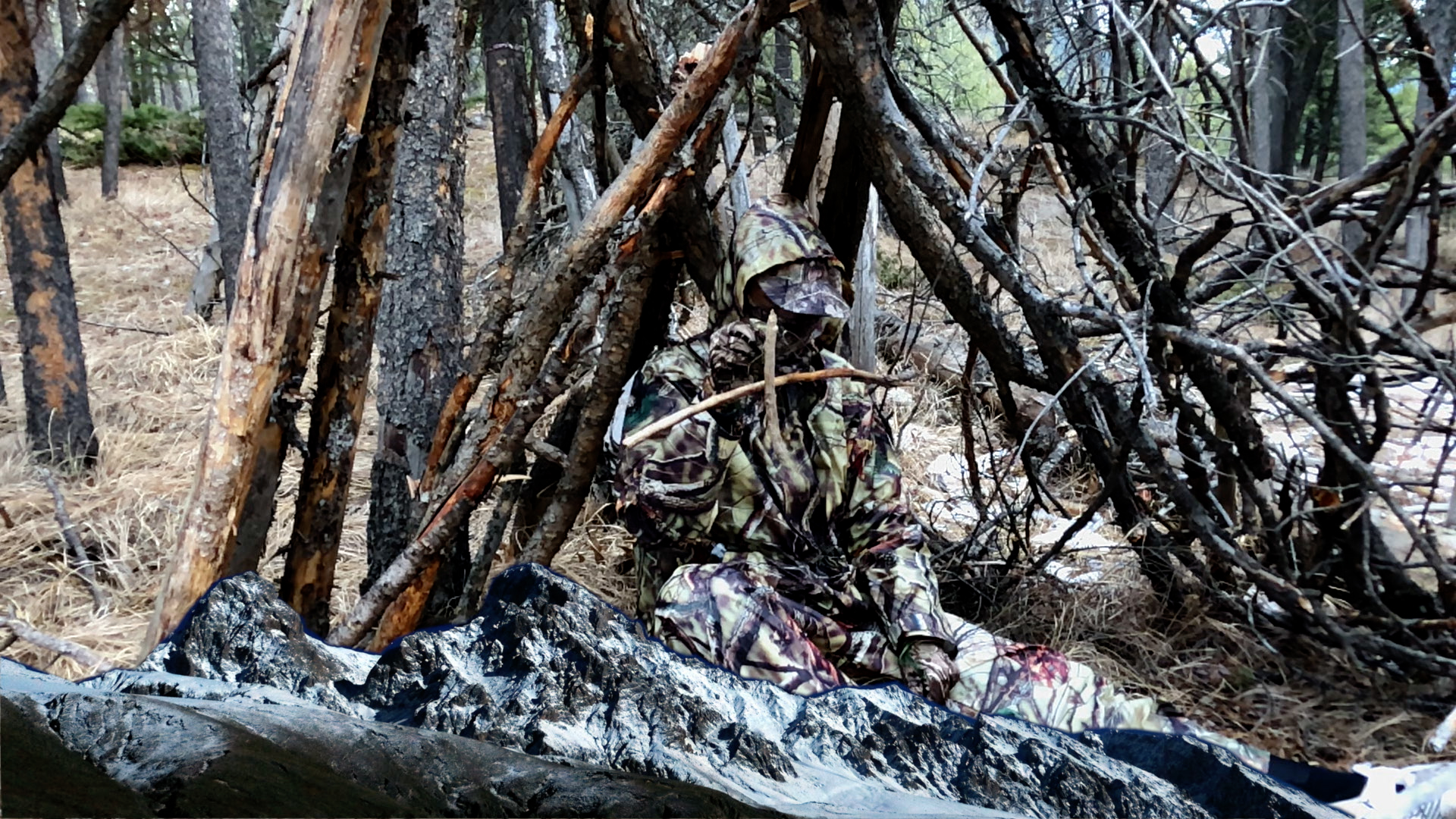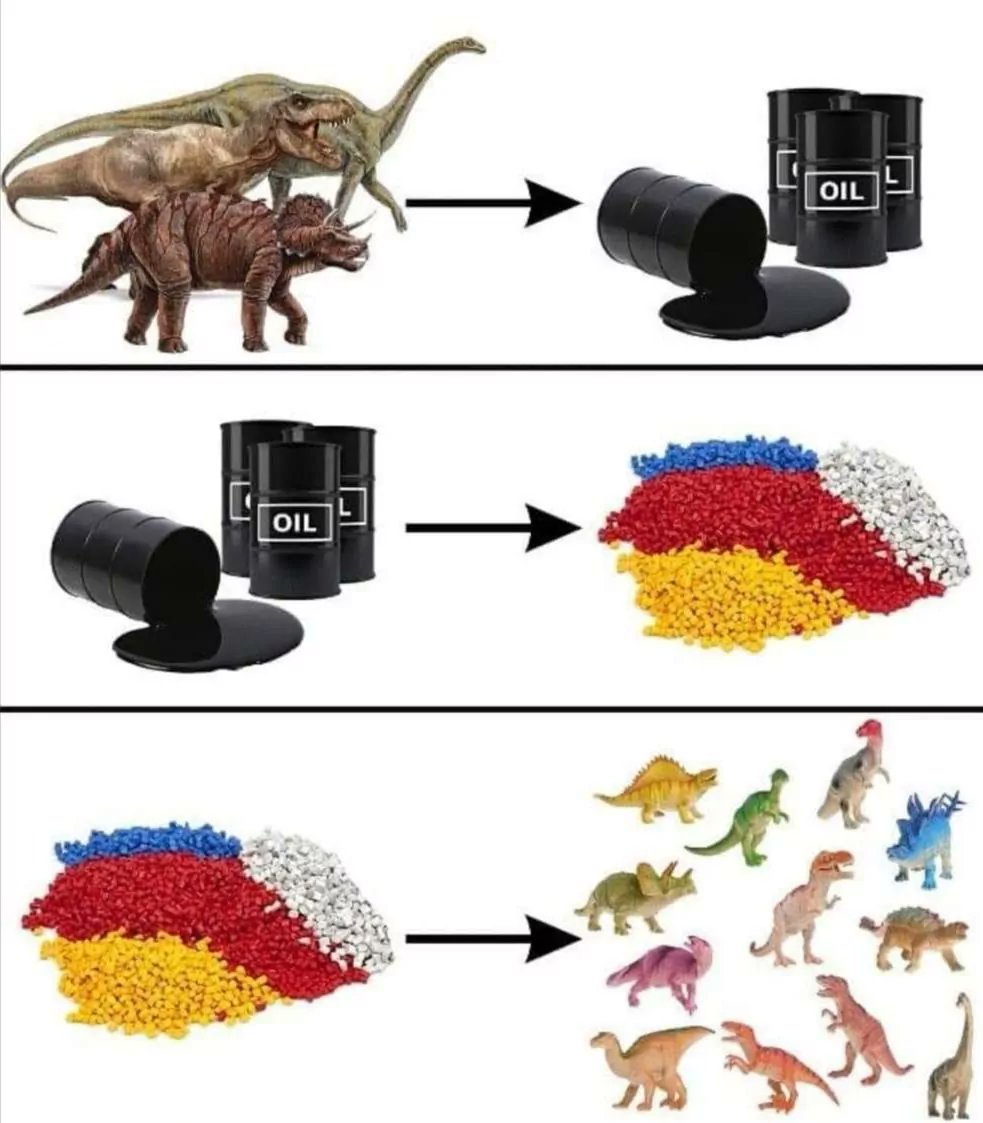Workshop XXVIII, Kinga Kiełczyńska, 12 October 2021
Polish artist Kinga Kiełczyńska introduced a selection of her projects from the perspective of the economy of the artworks, that is in terms of how they are made, what materials are used, and what is left of them in the end. Kiełczyńska’s artistic approach and ecological consciousness are encapsulated in her “Reductionist Art Manifesto” (2009). Points such as “Instead of constructing unnecessary beings and polluting the physical and mental space use what is already created,” are not intended to be taken literally, but as a metaphor.
Reflecting the manifesto, her film ten millions +1 (the activists) (2018-19) uses footage already gathered by the activists themselves to tell their struggle to defend Białowieża Forest, a protected site, from increased logging. Juxtaposing the violent struggles of activists and police, ten millions +1 also manages to reveal the beauty of the Forest, which Kiełczyńska describes as a distinctive place, characterised by the smell of rotten, wet vegetation. The film pays homage to the forest activists and their unprecedented victory.
Białowieża: eBay Meditation Room (2017) is another piece inspired by the Forest. The installation consists of a wooden floor made of untreated timber, and Mind Map, an image of the floor and its layout, presented on the wall of the same space. On the image, details such as bark marks, or the trace of a bullet from World War II on the timber used for the floor, are detailed. The title of the piece alludes to Kiełczyńska’s long-term engagement with Zen philosophy. In order to comment on the commodification of natural resources, Kiełczyńska put the wooden floor on sale on eBay for 1 euro. However, nobody bought it, and the floor pieces are now slowly being given away for new uses.
Kiełczyńska’s works seek to convey the sensorial beauty of nature, with a range of texts giving structure to her ideas. Thus her film ten millions +1 (the hermit) (2018-19) is inspired by Michael Finkel’s The Stranger in the Woods (2017), a book about a man named Christopher Knight who retreated to the woods and lived in isolation for 27 years. The film imaginatively stages Knight’s efforts to leave no trace, interpreting this lack of traceability in the forest as literally leaving no carbon footprint. Another film, On the Ruins of Progress (2020-21), is inspired by the 1972 report The Limits to Growth, which, based on computer simulation, predicts environmental and economic collapse within a century, raising awareness about our finite planet.
Kiełczyńska ends her presentation by showing some eco-memes, which are part of a current “internet eco-activism” phenomenon that she feels can open new creative possibilities, especially due to its playful capacity.
